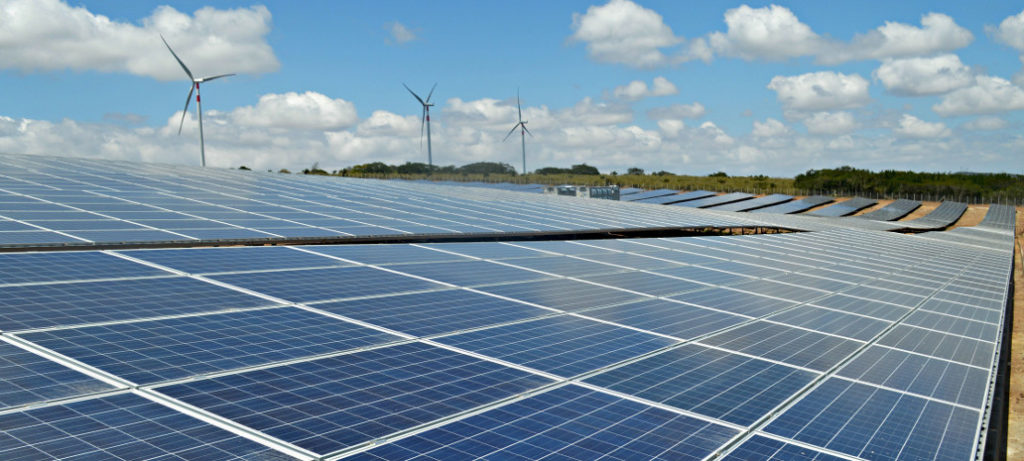The recent SECI tender for 400 MW round-the-clock (RTC) power supply to State Discoms provides that renewable energy generation components wind and solar, along with energy storage system installed, if any, may either be co-located or located at different locations.
National Solar Energy Federation of India (NSEFI) chairman Pranav R. Mehta feels such dispensation would result in inefficient and sub-optimal utilization of transmission infrastructure.
“Multiple injection would need transmission infrastructure at all these locations. It means that the same end product, i.e., round-the-clock power, requires duplication of transmission infrastructure with sub-optimal and inefficient utilization,” explained Mehta.
NSEFI is of the view that such dispensation is against the aims and objective of the “National Wind-Solar Hybrid Policy,” which provides a framework for promotion of large grid-connected wind-solar PV hybrid system for optimal and efficient utilization of transmission infrastructure.
“Prime Minister Narendra Modi had set a target of raising India’s renewable power generation to 175 GW by 2022. As a result, share of renewable energy generation has increased by more than 50% in terms of both installed capacity as well as energy generation, in the last 5-years. In order to take a large share of renewables into the grid effectively, the country needs a robust transmission infrastructure,” said Mehta.
“It is of national importance and imperative that whilst integrating renewable energy, the country’s investment in the national grid is optimally utilized,” he added.
NSEFI has written to the SECI to amend the bid documents accordingly to allow injection of wind, solar and storage power at a single location.
This content is protected by copyright and may not be reused. If you want to cooperate with us and would like to reuse some of our content, please contact: editors@pv-magazine.com.









By submitting this form you agree to pv magazine using your data for the purposes of publishing your comment.
Your personal data will only be disclosed or otherwise transmitted to third parties for the purposes of spam filtering or if this is necessary for technical maintenance of the website. Any other transfer to third parties will not take place unless this is justified on the basis of applicable data protection regulations or if pv magazine is legally obliged to do so.
You may revoke this consent at any time with effect for the future, in which case your personal data will be deleted immediately. Otherwise, your data will be deleted if pv magazine has processed your request or the purpose of data storage is fulfilled.
Further information on data privacy can be found in our Data Protection Policy.